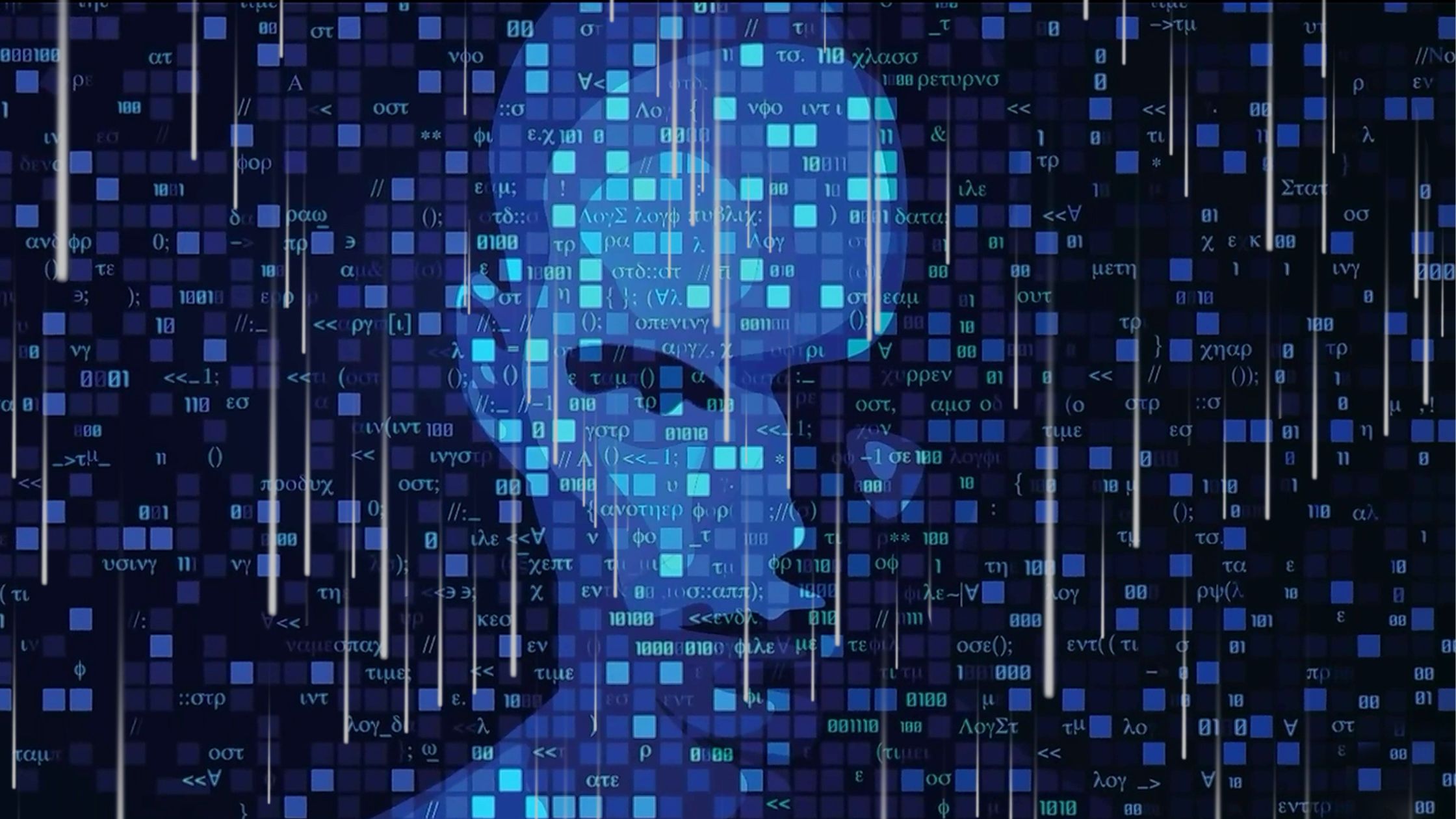We keep hearing that AI is moving fast. It can write essays, summarize documents, generate videos, even pass medical exams. And yet, if you talk to people on the ground — doctors, teachers, lawyers, managers — there’s one common theme: the things that matter most still feel untouched.
The truth is that while AI has become great at replicating information, it still struggles with judgment, empathy, and real-world decision-making. These aren’t edge cases. They’re the core of how humans work, think, and lead.
And the more we believe AI is ready for anything, the more dangerous it becomes to miss what it’s actually bad at.
AI Can Give You the Right Words but Not the Right Move
When we say AI passed the bar exam or the MCAT, what we often mean is that it answered a multiple-choice question bank — not that it sat across from a patient or helped someone through a divorce settlement.
What AI is good at:
- Extracting patterns from massive datasets
- Rephrasing known knowledge
- Generating plausible-sounding answers
- Simulating fluency and logic
What AI still can’t do:
- Navigate human tension in a hospital hallway
- Weigh legal nuance in a custody battle
- Lead a team through a crisis of morale
- Interpret when a silence means more than a sentence
These aren’t soft skills. They are real skills. And AI doesn’t have them — at least not yet.
The Illusion of Intelligence Is Getting Harder to Spot
The more fluent AI becomes, the easier it is to forget that it doesn’t actually know anything.
It can describe empathy. It can define fairness. But ask it to apply those ideas when the stakes are high, and it collapses into platitudes or false confidence. And that’s the problem: it sounds smart right up to the moment when you really need it to be.
That moment is often when:
- A parent is choosing a cancer treatment
- A teacher is adapting lessons for a grieving student
- A manager is deciding whether to promote or fire someone
AI might offer guidance. But in every case, the final move requires accountability. And accountability doesn’t scale through code.
We’re Delegating Faster Than We’re Understanding
The biggest risk right now isn’t that AI will become smarter than us. It’s that we’re handing it more power before we’ve figured out its boundaries.
In industries like law, education, healthcare, and hiring, tools are being rolled out to save time and cut costs — but often without full oversight.
If AI misguides a student, miscalculates a diagnosis, or misjudges a candidate, who’s to blame? In most cases, no one knows. That ambiguity isn’t a technical issue. It’s a leadership failure.
The question isn’t whether AI can help. It’s when it should, and more importantly, when it shouldn’t.
What AI Can’t Do Is Exactly Where We Should Be Investing
We spend a lot of energy trying to make AI more creative, more empathetic, more human. But maybe the better question is: how do we protect and elevate what humans already do best?
That means:
- Training leaders who understand nuance
- Designing systems with judgment at the core
- Teaching kids how to spot truth, not just repeat it
- Valuing the people whose work doesn’t always show up in metrics
Ironically, the rise of AI may end up proving how irreplaceable human judgment really is.
AI Might Scale Knowledge but It Still Can’t Scale Wisdom
There’s no doubt AI is powerful. It’s transforming how we search, write, design, and build. But the things that actually hold institutions together — trust, interpretation, values — are still very much human.
And that might be the most important story of the AI era so far.
Because knowing what AI can do is only half the game. The real wisdom is knowing where it still can’t go — and why that matters more than ever.


